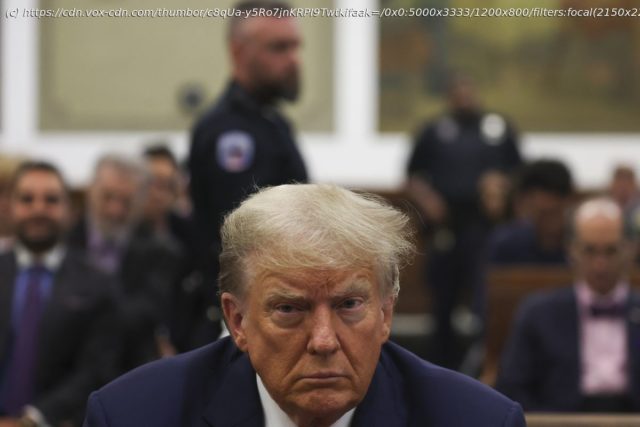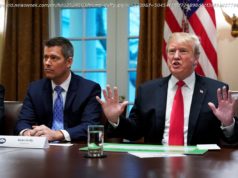As Trump campaigns for a second term, his financial woes are becoming a serious liability again.
Two recent verdicts have now left Donald Trump on the hook for nearly half a billion dollars.
On Friday, a New York judge handed the former president a $355 million penalty, and banned him from serving in a leadership position in any business in New York for three years, for fraudulently inflating his net worth to lenders in order to receive more favorable loan agreements. And in January, a Manhattan jury ordered Trump to pay the writer E. Jean Carroll $83.3 million for defaming her after she accused him of raping her. (A separate jury in May had found Trump liable for sexually abusing Carroll in the 1990s.)
Together, the damages from these two lawsuits are worth more than the amount of cash Trump claimed to have on hand last April, potentially putting him in a financial bind as he also faces debt repayments and mounting legal fees. Even if he appeals these decisions, as he is expected to do, he still likely will have to front the money while that process runs its course, or secure a bond, which would come with its own conditions.
For a well-connected billionaire, that might usually amount to nothing more than a temporary inconvenience; after all, Trump could always liquidate some of his assets or borrow even more money to cover his short-term obligations.
But Trump isn’t just one of the country’s richest men, with an estimated net worth in the low billions; he’s also running to serve a second term as president of the United States. And for any candidate for public office — let alone the presidency — being cash-strapped while owing such significant amounts of money could be a serious liability.
“It’s pretty scary from an ethics perspective,” said Virginia Canter, the chief ethics counsel at the Citizens for Responsibility and Ethics in Washington, a nonpartisan watchdog group that has chronicled Trump’s abuses of power and filed lawsuits against him.
You don’t have to look far to find the reasons why. Trump’s first term was riddled with conflicts of interest, and that’s in no small part because of his financial well-being (or lack thereof, depending on how you look at it). At the time that he tried to overturn the 2020 election, he was hundreds of millions of dollars in debt, largely stemming from loans to help rehabilitate his struggling businesses, and most of which would be coming due over the subsequent four years. Throughout his presidency, he refused to divest from his businesses, which made millions of dollars in revenue from taxpayers and continued to do work with other countries while he was in office — a practice he indicated he would repeat in a second term.
The fact that he has so many entanglements with big businesses and other nations leaves plenty of room for things to go awry. That’s why a 2020 New York Times exposé uncovering his staggering debt during his first term wasn’t just embarrassing for Trump, who has a tendency to claim he’s richer than he actually is. It also raised fears about how his debt could implicate national security.
As the former head of the Justice Department’s National Security Division told Time magazine in 2020, “For a person with access to U.S. classified information to be in massive financial debt is a counterintelligence risk because the debt-holder tends to have leverage over the person, and the leverage may be used to encourage actions, such as disclosure of information or influencing policy, that compromise U.






